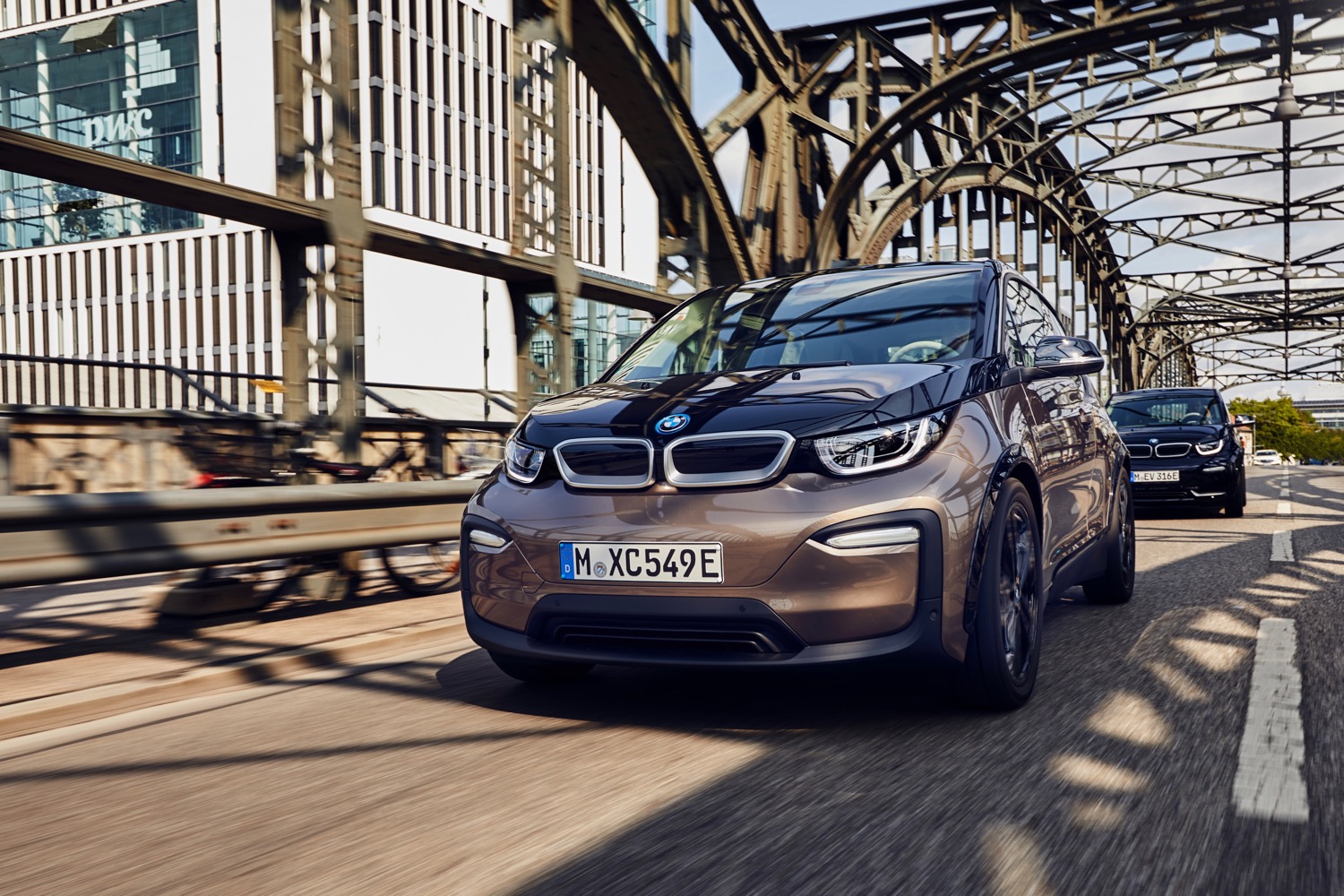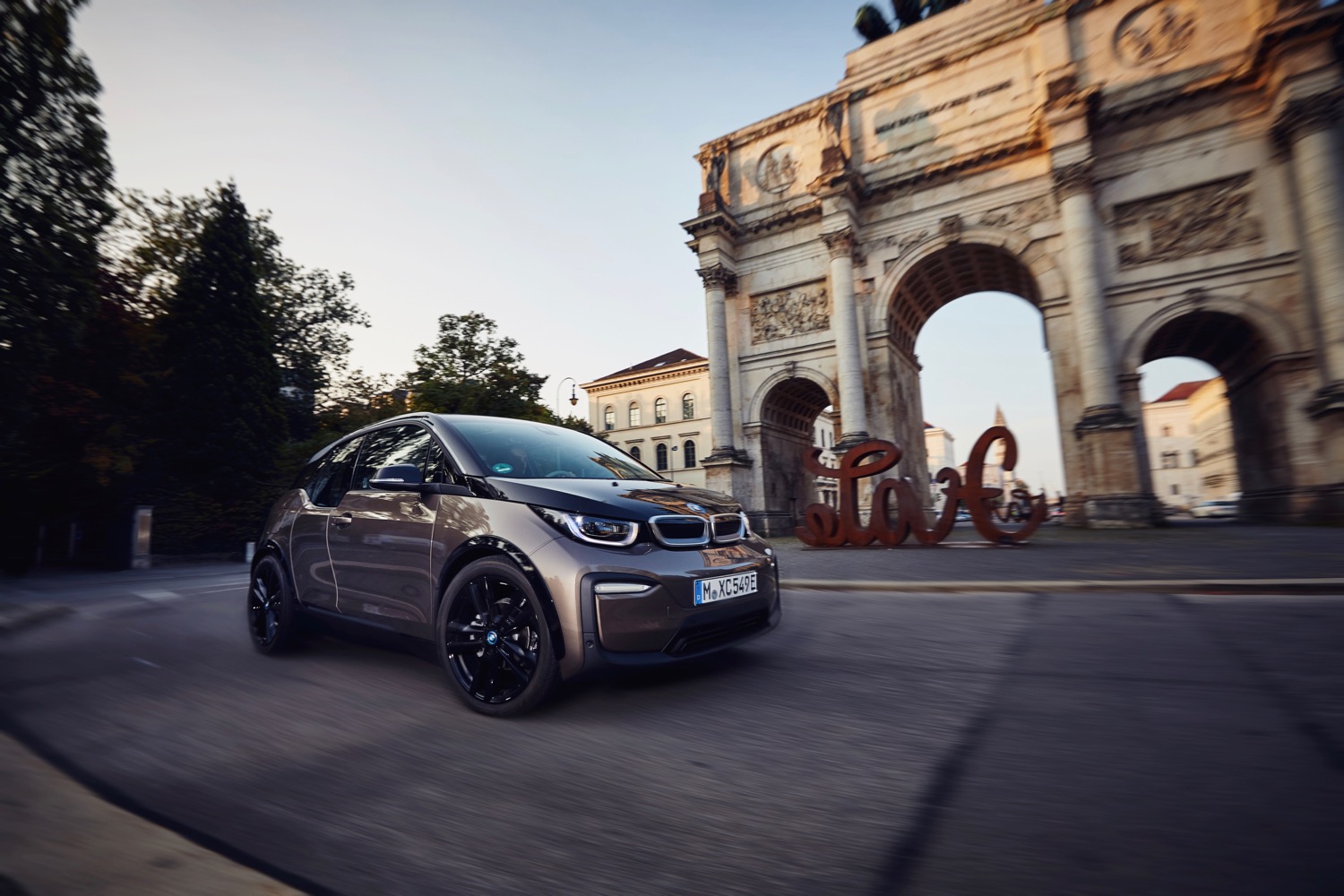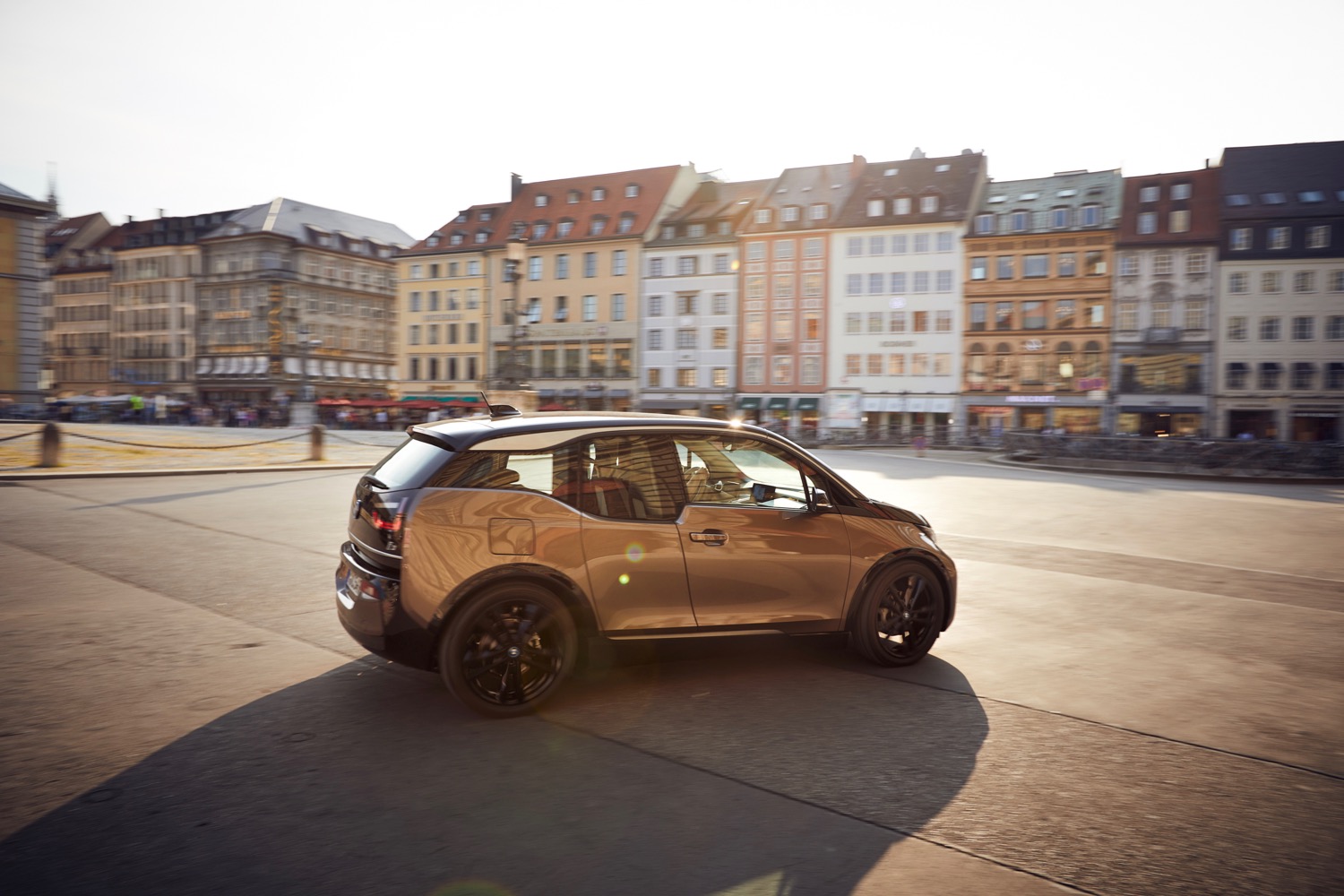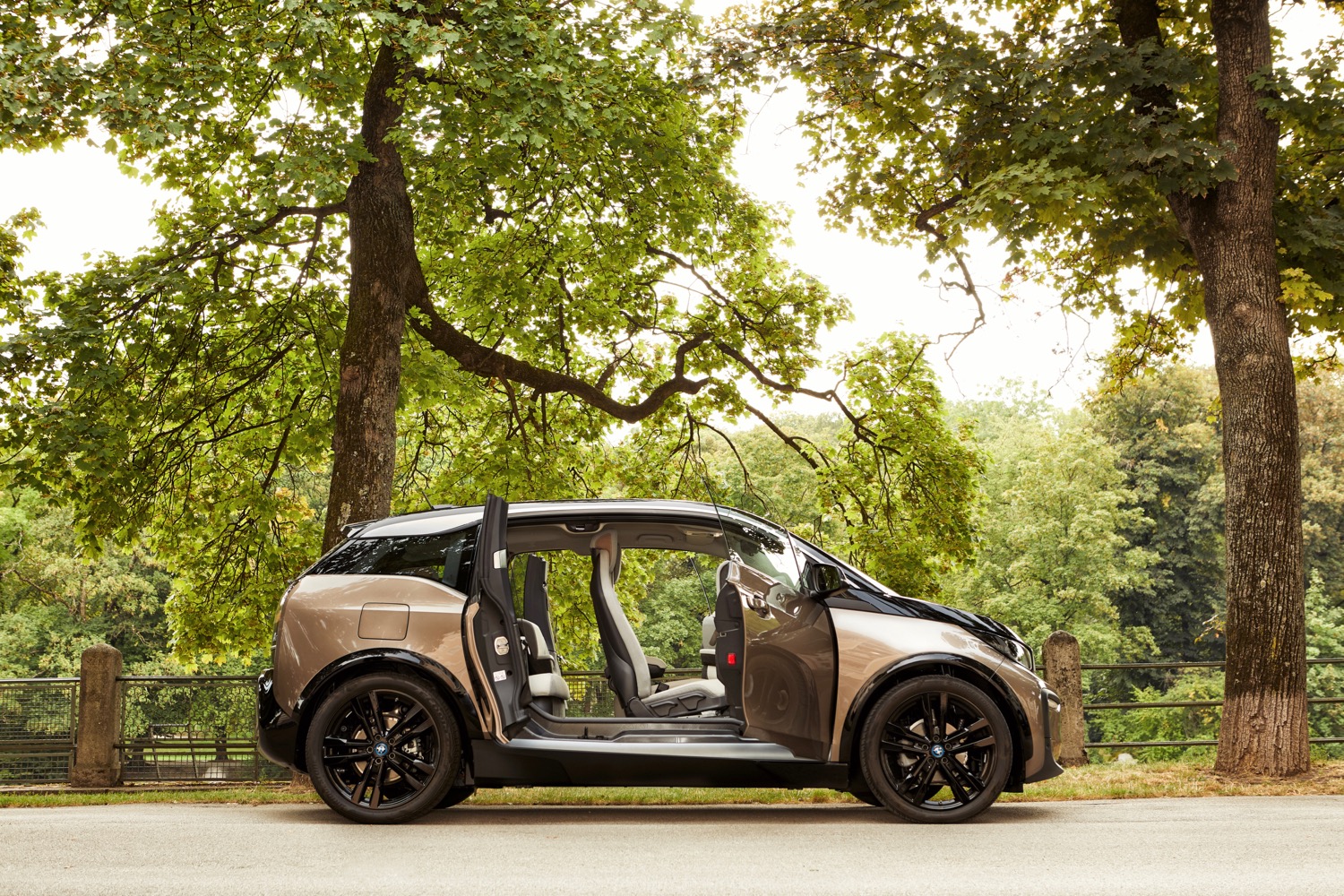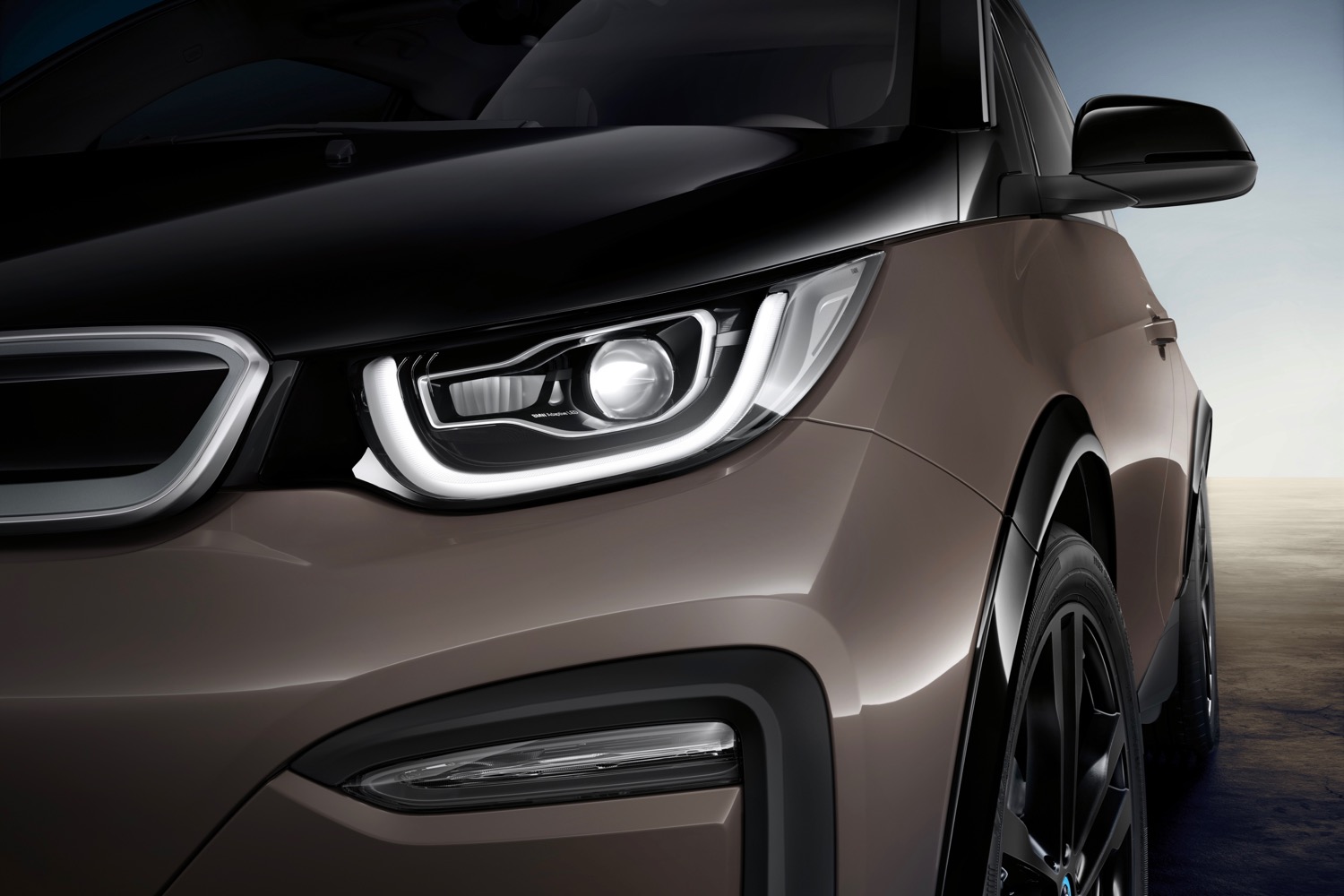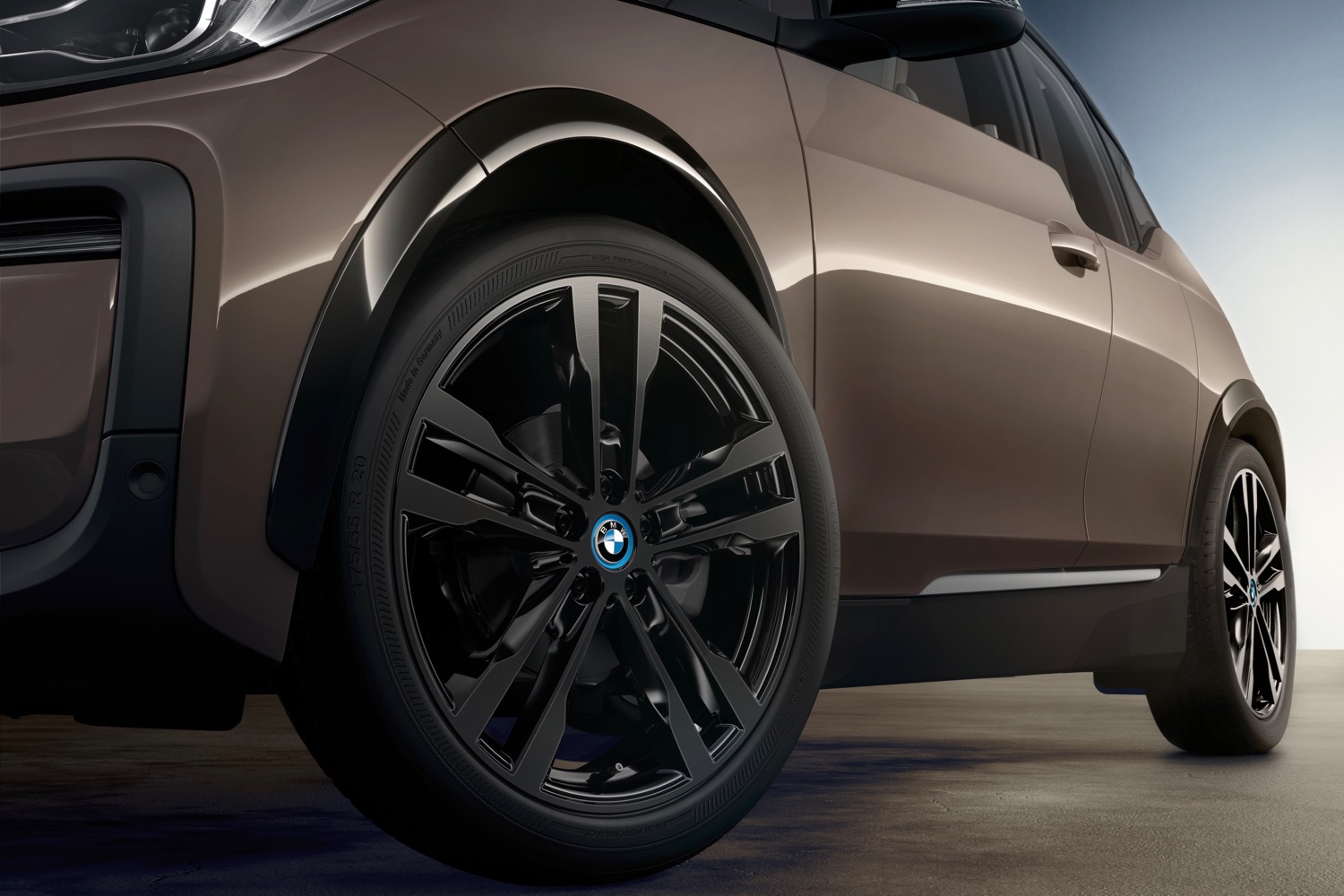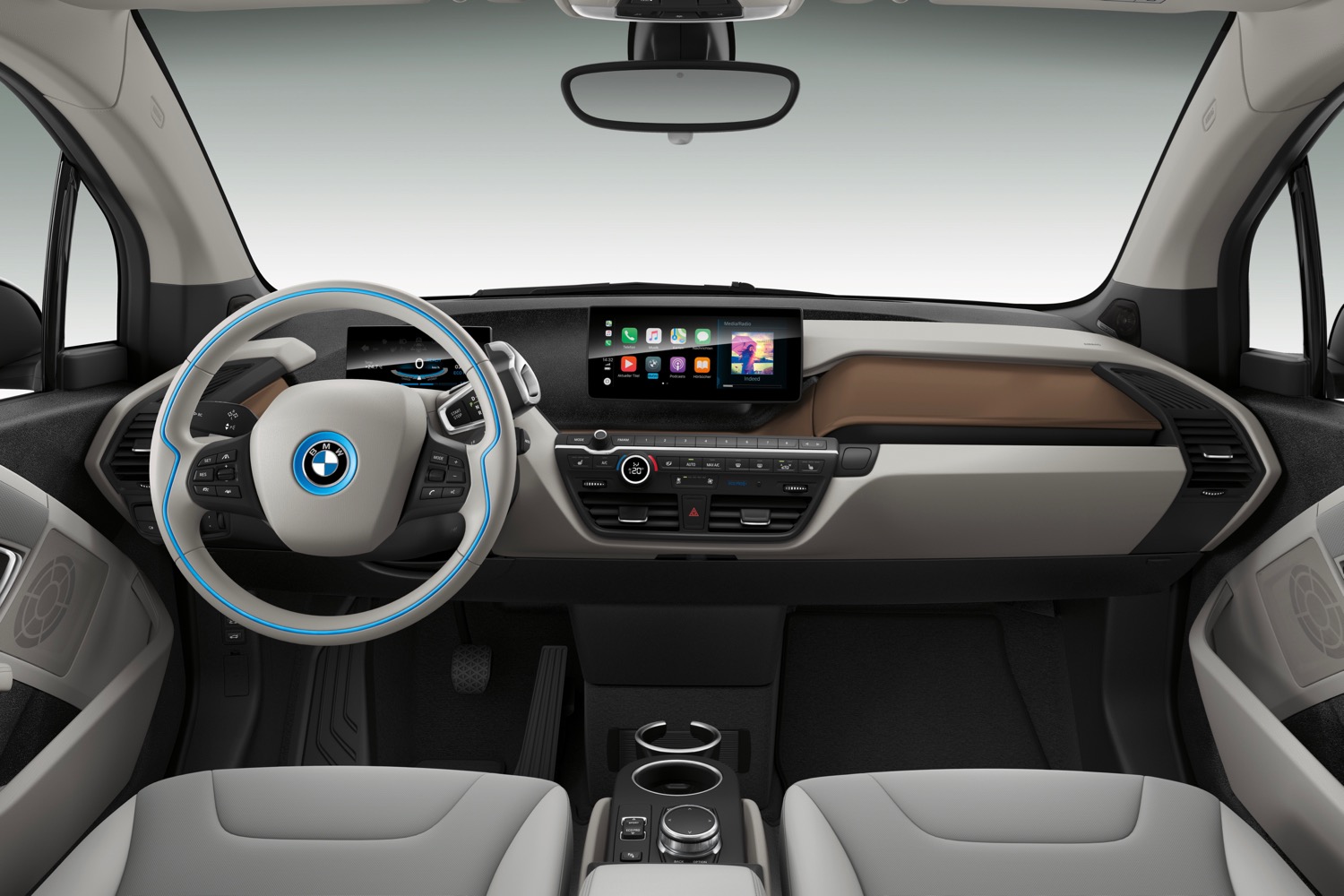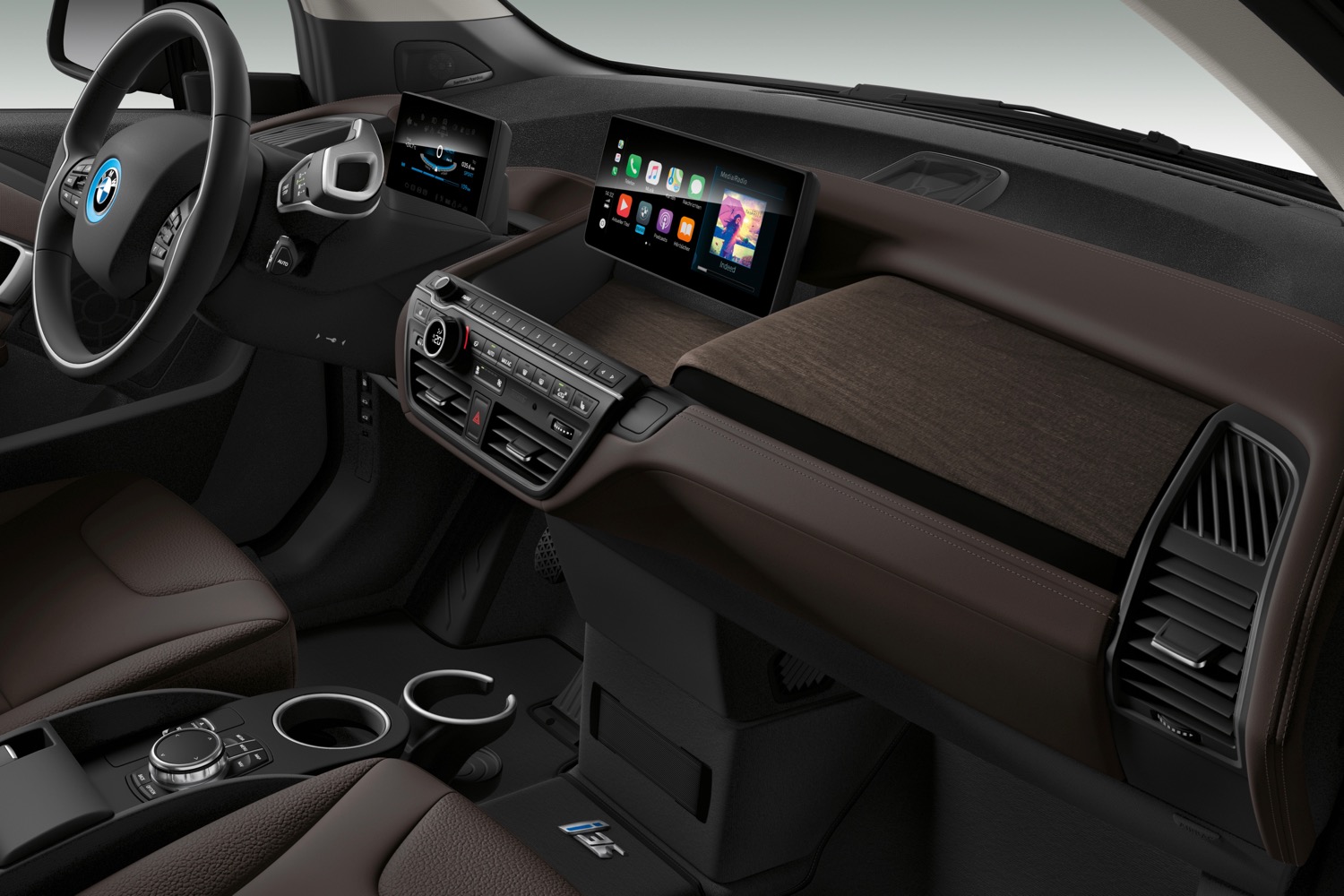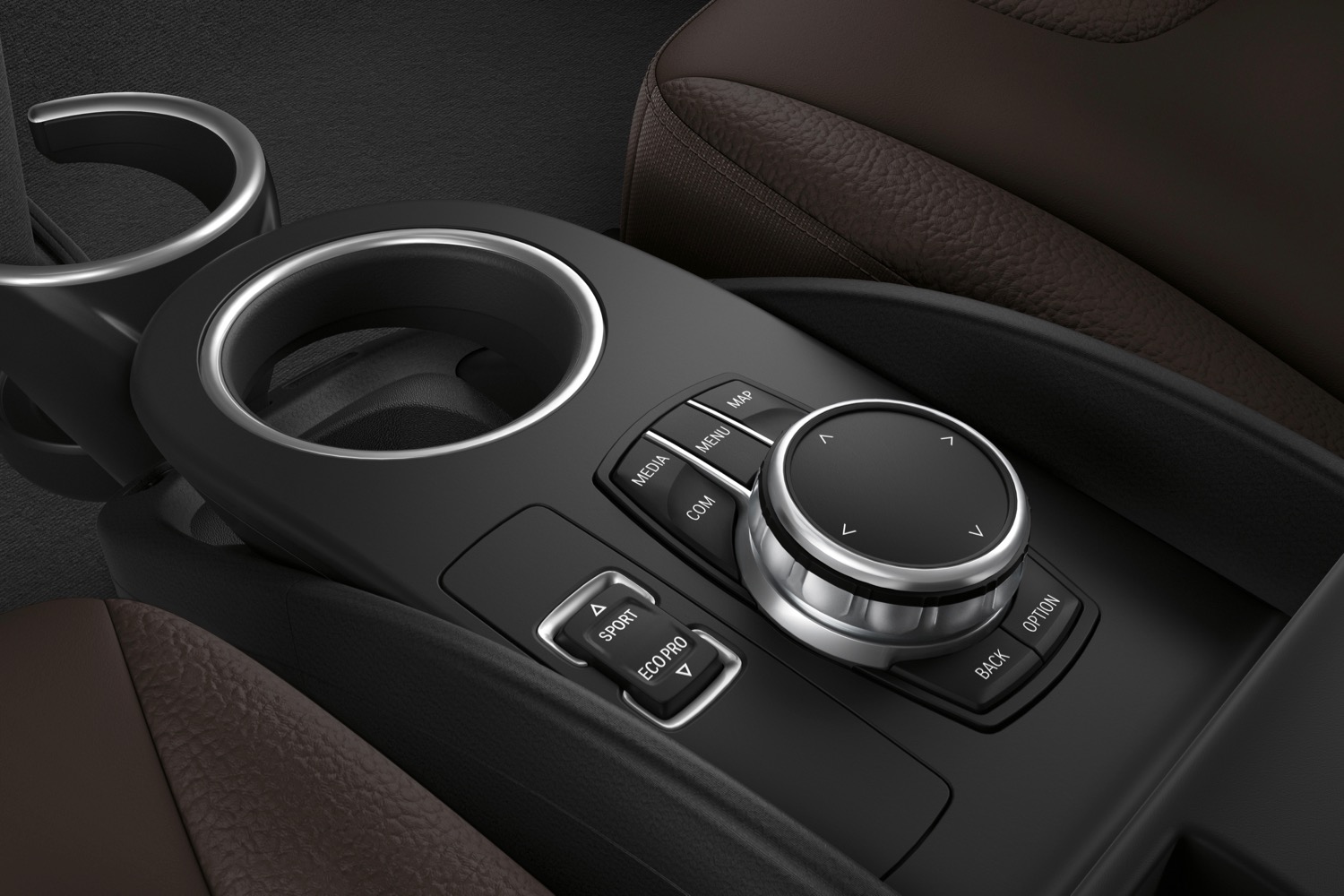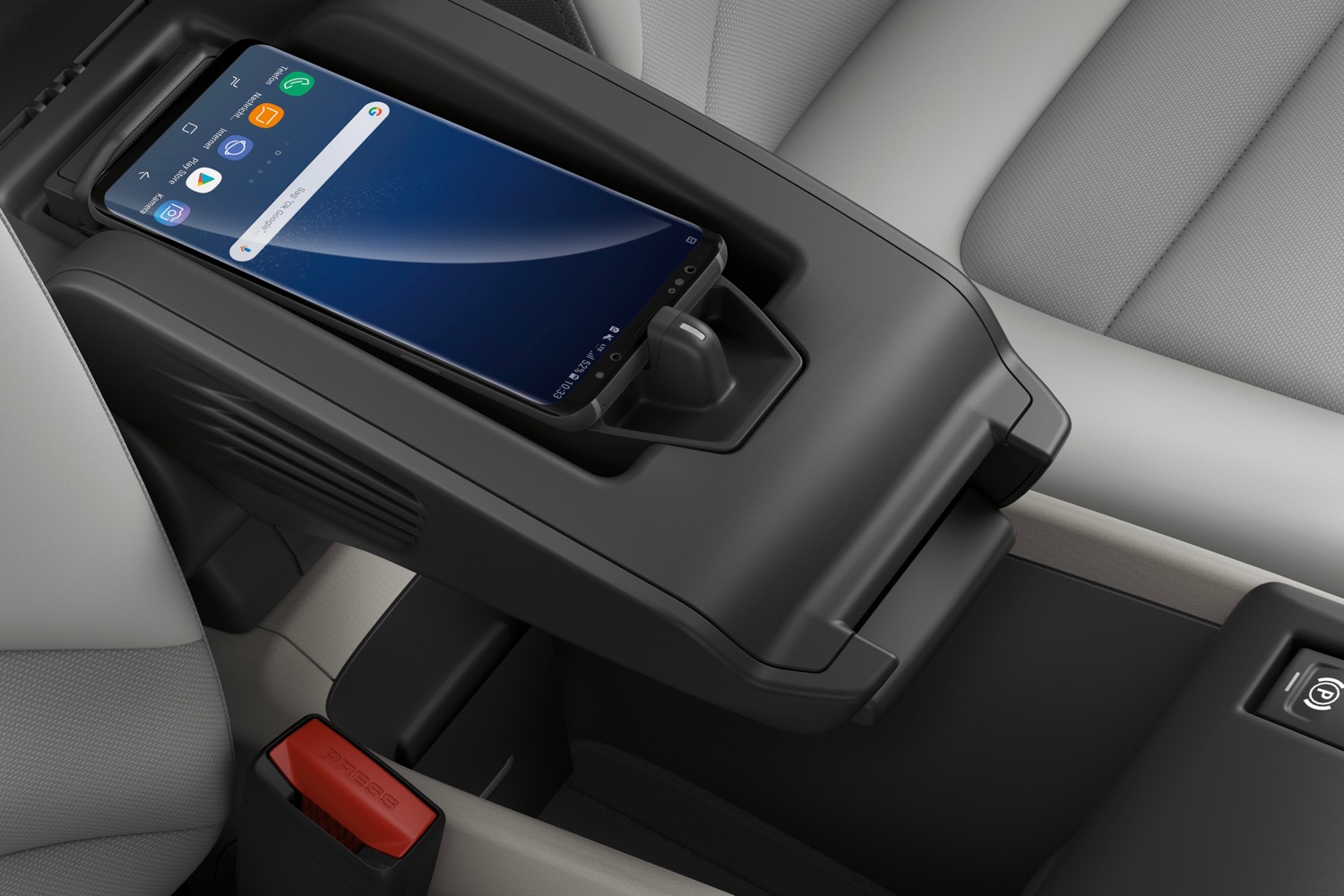If you want a car that’s different, look no further than the BMW i3. Five years after its debut, the pint-sized electric car is like nothing else on the road. But the i3 has always suffered from a relatively short range, especially compared to newcomers like the Chevrolet Bolt EV and Tesla Model 3. But BMW is working to address that.
The 2019 BMW i3 gets a range bump thanks to a larger, 42-kilowatt-hour battery pack. Official EPA figures are not available yet, but BMW expects the 2019 i3 to get 153 miles of range. That’s up from the 114 miles of versions equipped with the 33-kWh battery pack introduced for the 2017 model year, and the 81 miles of the original 2014-model-year i3, which had a 22-kWh pack. But it still may not be enough at a time when some competitors are offering more than 200 miles of range.
The electric motor driving the rear wheels is unchanged. It produces 170 horsepower and 184 pound-feet of torque in the standard i3, and 181 hp and 199 lb-ft in the sportier i3S model. BMW quotes 0 to 60 mph in 7.2 seconds and a top speed of 93 mph for the i3, and 6.8 seconds and 99 mph for the i3S. The automaker claims the i3S will get the same 153 miles of range as the standard i3, but the EPA will have to confirm that. The current i3S comes with a 7.0-mile range penalty, according to the agency.
BMW will also continue to offer a range-extended (REx) version of the i3. It adds a small gasoline engine that acts as a generator to charge the battery pack when needed. BMW said there would be some improvement in range over the 2018 i3 REx, but did not offer a specific number. The 2018 model is rated at 180 miles of range by the EPA.
Other updates include a wireless phone-charging tray and built-in Wi-Fi hotspot, which can support up to 10 devices. Buyers get three months or three gigabytes of data for free. The i3 can also be equipped with an array of driver aids, including adaptive cruise control, forward collision warning, and parking assistance, which can automatically steer the car into a parking spot at the press of a button, according to BMW.
Styling is unchanged, which isn’t surprising considering the i3 got a minor facelift for the 2018 model year. The body shell is made from carbon fiber reinforced plastic (CFRP) to save weight. Using CFRP instead of conventional carbon fiber helps save costs, an important consideration when the car in question is a small commuter vehicle rather than an exotic supercar.
Production of the 2019 BMW i3 begins in November 2018. Pricing will be announced closer to that time.
Editors' Recommendations
- Rivian R1T gets estimated 410 miles of range with Dual-Motor powertrain, Max Pack battery
- BMW i4 vs. Tesla Model 3: Which EV sedan is better?
- The all-electric BMW i7 is a home theater on wheels
- BMW shows off an electric car with color-changing paint at CES 2022
- 2023 BMW iX M60 is electric, spacious, and surprisingly quick
